How Right is Human Rights In Nigeria ? (Part 1)
By: Olayinka Iroye
International Human Rights Day is observed all over the world on every 10th December. The day is an opportune time to reflect on the state of fundamental rights and freedoms globally, and in Nigeria, it serves as a reminder of the struggles for equity, justice, and human dignity. The Universal Declaration of Human Rights emphasizes that all humans are born free and equal in dignity and rights, but in Nigeria, the reality paints a troubling picture of inequality and systemic violations.
One glaring aspect of human rights abuse in Nigeria is the disparity in income and living conditions, especially among public servants. While a small fraction of political office holders earn exorbitant salaries and allowances, civil servants, University, Polytechnic and other tertiary institutions staff, both teaching and non teaching struggle with meager pay that does not reflect the economic realities of the present situation. They often lament that their “take-home pay” does not “take them home.” Despite their critical role in nation-building, they face delayed salaries, non payment of deserves allowances, inadequate remuneration and over burden taxation.
Equally, public servants especially those on lower salary grades find it challenging to afford basic needs such as food, shelter, and healthcare. This systemic neglect violates their right to an adequate standard of living as enshrined in Article 25 of the Universal Declaration of Human Rights.
Nigeria’s rising poverty rate has plunged millions into hunger. According to the National Bureau of Statistics (NBS), over 133 million Nigerians are living in multidimensional poverty. The soaring cost of food and essential commodities has worsened the plight of citizens. Families can no longer afford three square meals, leading to malnutrition, especially among children.
Access to clean water and electricity remains elusive for many, with rural communities bearing the brunt of infrastructural neglect. This situation contravenes the right to food and a decent standard of living, highlighting the widening gap between the rich and the poor. The rich getting richer everyday, the poor getting poorer everyday syndrome as exemplified in Peter Tosh song.
Education, a fundamental right recognized in Article 26 of the Universal Declaration of Human Rights, is increasingly becoming a luxury in Nigeria. Many children are out of school because their parents cannot afford school fees. The United Nations Educational, Scientific, and Cultural Organization (UNESCO) estimates that Nigeria is one of the country of the world with the highest number of out-of-school children. Public schools are underfunded, leaving children from low-income families at a disadvantage, while private schools remain out of reach for the majority. This systemic failure undermines the right to education and perpetuates the cycle of poverty.
In recent years, Nigeria has witnessed numerous instances of human rights abuses that reflect the failure of the state to uphold equality and justice: The #EndSARS movement highlighted widespread police abuses, including extrajudicial killings, extortion, and torture. Despite promises of reform, cases of police brutality persist.
Women and girls face discrimination, violence, and limited access to education and economic opportunities especially in some states in Nigeria.
The rise of terrorism, banditry, and communal clashes has displaced millions, violating their rights to security, shelter, and life itself.
The state of human rights in Nigeria raises pressing questions about the government’s commitment to its citizens’ welfare. While the constitution guarantees these rights, systemic corruption, poor governance, and economic mismanagement have left millions of Nigerians disenfranchised.
To make human rights truly and meaningfully right, Nigeria must prioritize policies that promote economic equity, access to quality education, healthcare, and infrastructural development. Only then can the promise of equality and dignity for all be realized in the true sense.
Wishing every citizen of the world a happy International Human Rights Day.
![]()

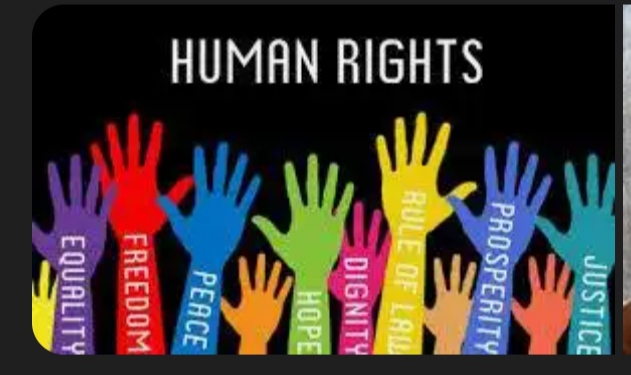


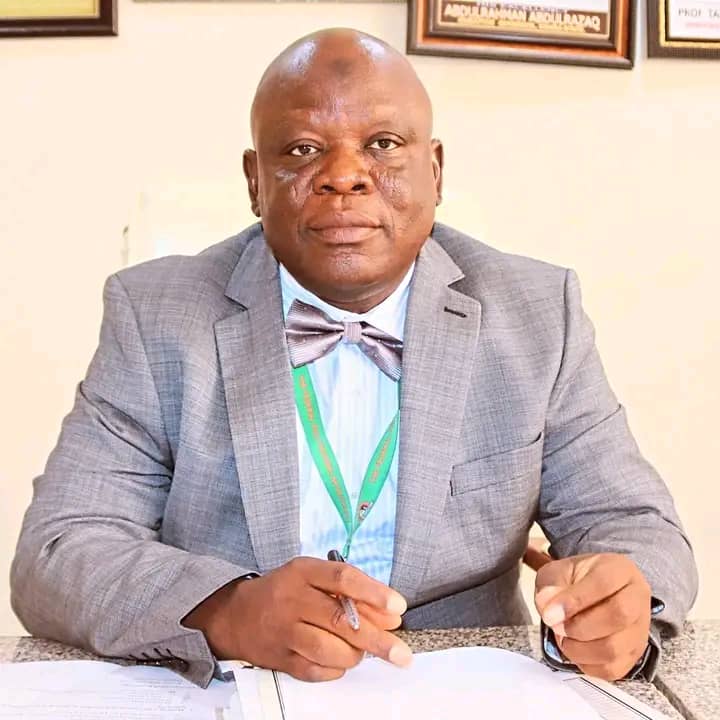

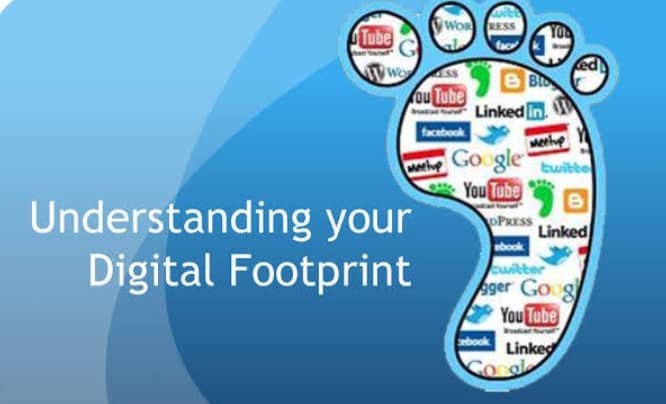




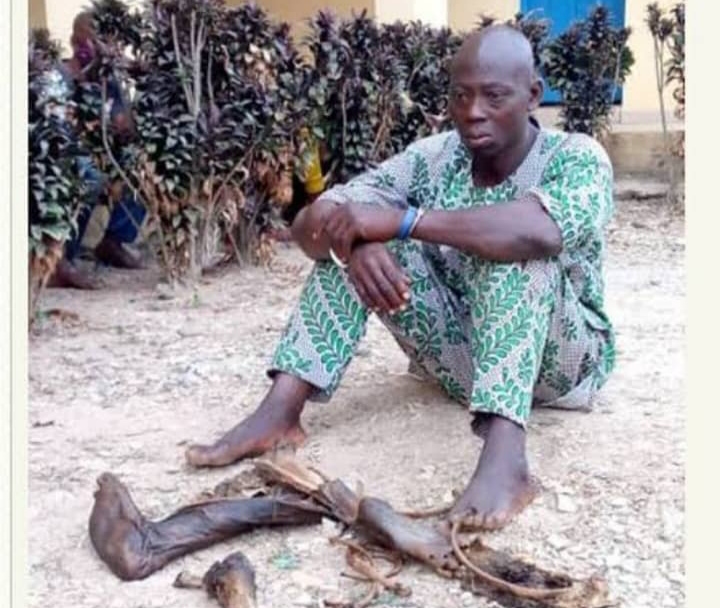
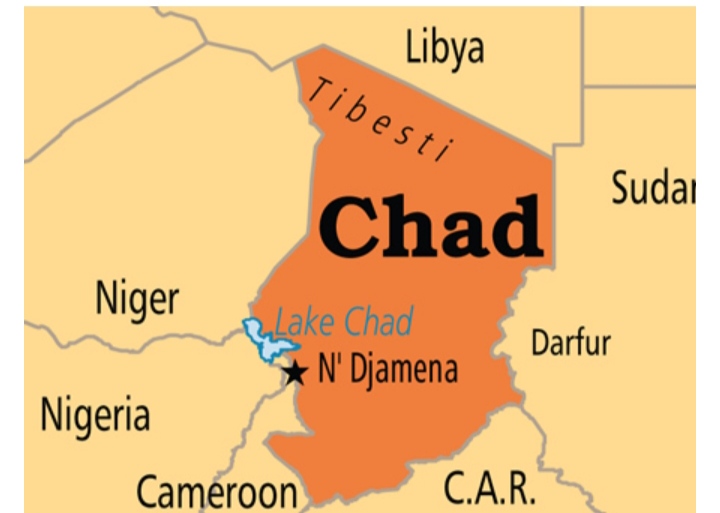

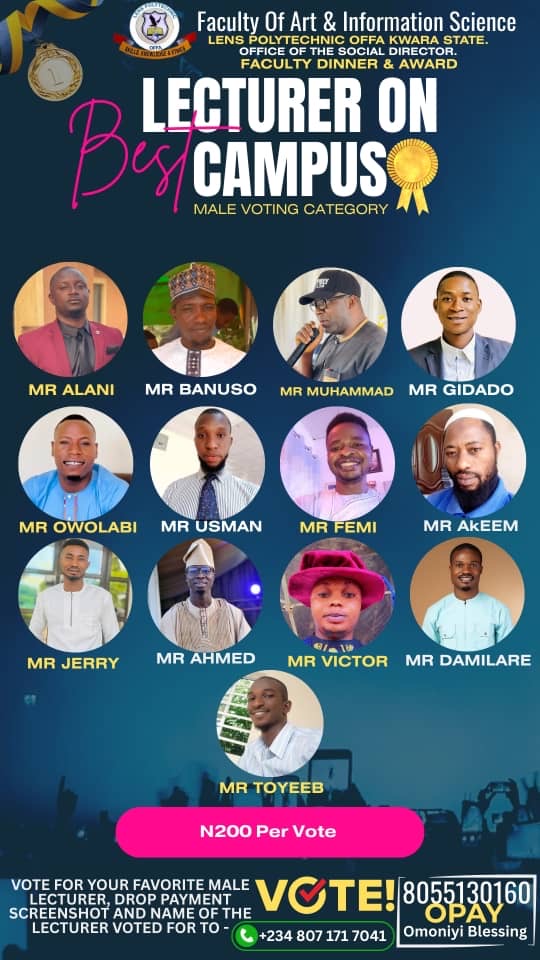
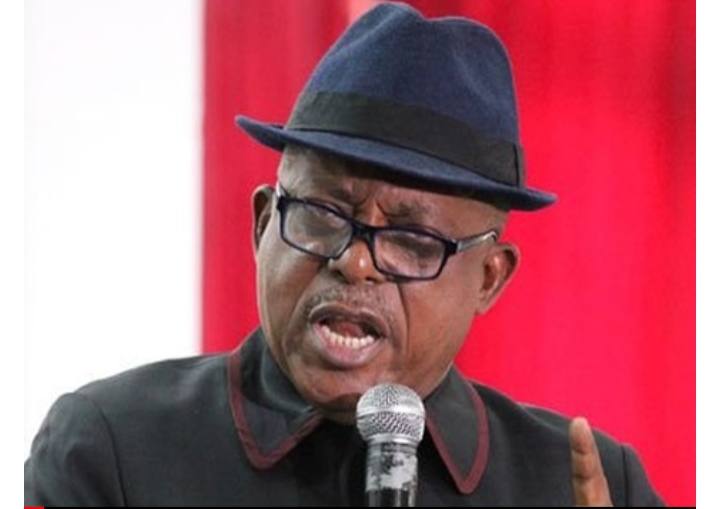
Leave a Reply